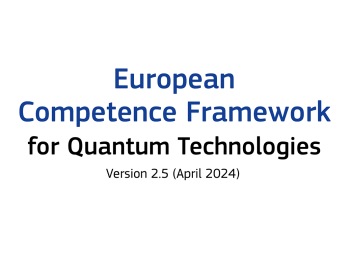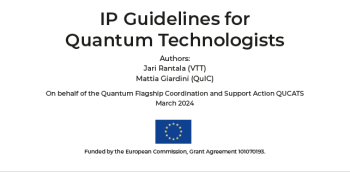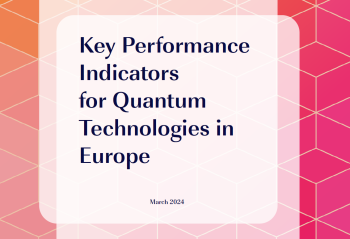During the last few months, several papers from macQsimal researchers have been published in peer-reviewed scientific journals. One highlight is the paper by Jia Kong and co-workers (ICFO) in Nature Communications. In this work, they show that entanglement between atoms, a fundamental feature of quantum technologies, might be more stable than expected. Their results show that entanglement could indeed be used to improve the sensitivity of optically pumped magnetometers (OPM), as targeted by macQsimal. Such ultra-sensitive devices could have far-reaching implications for example in magnetic brain imaging and neuroscience in general (see also the coverage of this paper in ‘Hot and messy’ entanglement of 15 trillion atoms on phys.org).



